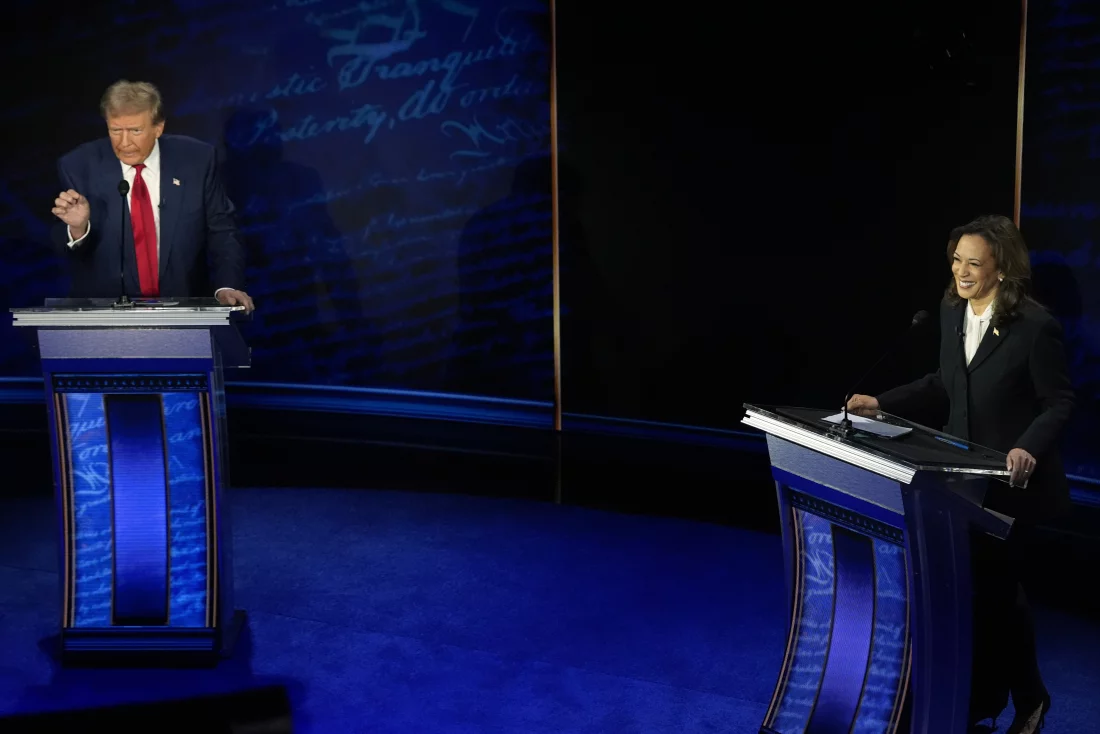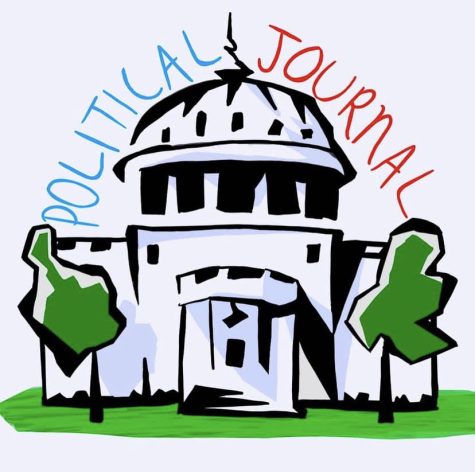Some saw it as a shock, others saw it as a case of just deserts. At the beginning of April, the veteran NPR journalist, Uri Berliner, resigned from the publication after being put on unpaid leave for writing an essay critiquing NPR’s overwhelming liberal bias and lack of viewpoint diversity. The essay in question was Berliner’s critical commentary on his network, exposing the blunders of NPR’s reporting on political subjects. From the supposed Russiagate collusion to Hunter Biden’s laptop to the Wuhan Lab Leak, NPR lacked significant and objective reporting. Without pursuing further sources, NPR claimed that the Wuhan leak was a baseless conspiracy, which it wasn’t. They also claimed that the Hunter Biden laptop story from the New York Post was unfounded and possibly disinformation, so much so that it wasn’t worth their time, only for the story to be proven correct. NPR even aired interviews with multiple anti-Trump politicians after the 2016 election who tried to allude to a possibility the 2016 election was stolen via Russian election meddling, until the Mueller report proved it baseless.
The situation isn’t helped by the current NPR CEO, Katherine Maher, and her vocally outward partisan statements on X (formerly Twitter). Such as her support for looters during the Summer of 2020, her “white silence” lecture, or the ever-so bluntly phrased “Donald Trump is a racist” post. Hyper-partisan behavior like Maher’s is concerning as she oversees a major news outlet. Another thing that’s concerning is her speech at a TED Talk that features her saying that “reverence for truth” is a “distraction that’s getting in the way of finding common ground and getting things done.” To her, truth isn’t as important as getting things done. The concept of truth being portrayed as a distraction by a CEO of a news network has terrifying implications.
The deficiency in, if not the suppression of differing opinions, isn’t just limited to NPR. This situation is eerily similar to former editor James Bennet’s experiences at The New York Times. Bennet resigned after he faced backlash from The New York Times when he published an opinion piece from Republican Sen. Tom Cotton calling for the mobilization of the military to handle the tumultuous George Floyd protests in 2020. The New York Times, which had previously published op-eds calling for either the defunding or straight up abolishment of police, surely would be open to publishing ideas from the opposite side, right? Right? Unfortunately not. Cotton’s op-ed caused an outrage in the newsroom. Bennet was told the op-ed promoted, “A message that argues for MORE force only puts our own people in harm’s way, and undermines the paper’s commitment to their safety.” Bennet, however, would never have the chance to defend his decision to publish as The New York Times demanded his resignation for the op-ed’s existence.
Many rightwing sources have taken to online mockery and denunciations of NPR and The New York Times because of these controversies. Some, even former President Donald Trump, have called for the loss of public funding for NPR. “THEY ARE A LIBERAL DISINFORMATION MACHINE. NOT ONE DOLLAR!!!” were Trump’s words on the matter on Truth Social. But rightwing sources have also had their share of journalistic integrity violations. Just last year, Fox News had been sued for defamation after an inaccurate and misleading coverage of the 2020 Election, claiming it was rigged against Trump. “The truth matters. Lies have consequences,” Justin Nelson, a lawyer for Dominion Voting Systems, said.
News these days, both right and left, is becoming less trusted by the American public. According to a poll from Gallup, Americans trust in mass media is at a historic low. Only 32% said they had a “great deal” or a “fair amount” of trust, while 29% said they have “not very much” trust, and a staggering 39% said they had no confidence in the media.
With modern journalistic integrity on life support, is it a surprise Americans think of our news outlets so poorly? What sort of world are we where our news organizations work against their missions to properly inform the masses? NPR’s fallout with Berliner should serve as a warning to media outlets that if they do not revert from their polarizing ways they will succumb to the partisan media practices that continue to plague our country. If change is not enacted, then trust in the media and the trust we have in each other will continue to plummet.









